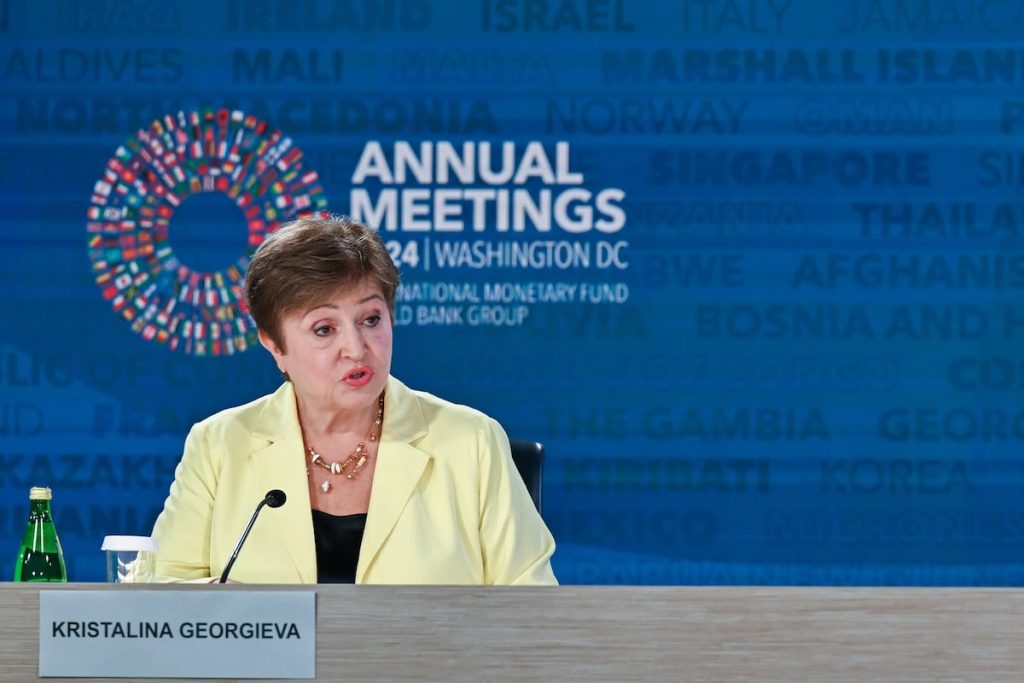The global economy has seen a surprising recovery from the impacts of the pandemic and the energy crisis brought on by the war in Ukraine, amidst a geopolitically unstable environment. According to the International Monetary Fund (IMF), serious initial damages in terms of economic growth and subsequent inflationary tensions have been reversed, with the global economy reaching a more normalized territory. While the success of global monetary policy in overcoming inflation without generating excessive cyclical damage is highlighted, there is an asymmetrical growth outlook between the United States and Europe. The US is expected to experience robust growth, while Europe, particularly Germany, is facing poor economic performance, with Spain being a notable exception.
The current environment is one of the most complicated in recent times, characterized not only by macroeconomic conditions but also by significant shifts in global geopolitics. There has been a rise in fragmentation – both in trade and various other dimensions – unprecedented in the last 75 years. This is accompanied by a decline in governance and influence of institutions that have defined the current system since World War II, such as the IMF, World Bank, G7, and G20, as well as an increase in major military conflicts with the risk of global escalation. The upcoming elections in the United States are pivotal for the world, as the outcome could further challenge the existing international rules and relationships that have been in place for the past eight decades. Structural reforms and adjustments are still pending in many economies, adding further complexity to an already fraught situation.
The phrase “for now” is thus fitting when assessing the economic balance of this period. The uncertainties and challenges faced by the global economy are immense, particularly given the ongoing geopolitical shifts and the potential implications of upcoming elections in the US. The precarious balance between economic growth, inflation, and monetary policy adds to the complexity of the current situation. Structural reforms and adjustments will be crucial in navigating this challenging environment and ensuring sustainable growth in the long term.
Daniel Manzano and Javier Pino, professors at Afi Escuela, point out the need for ongoing vigilance and adaptation in the face of the evolving economic landscape. The global economy is in a state of flux, with both opportunities and threats presenting themselves in equal measure. It is crucial for policymakers, businesses, and individuals to stay informed and responsive to the changing dynamics of the global economy in order to navigate the uncertainties and capitalize on the opportunities presented. By remaining agile and proactive, stakeholders can position themselves to weather the challenges and thrive in a rapidly changing global economic environment.


